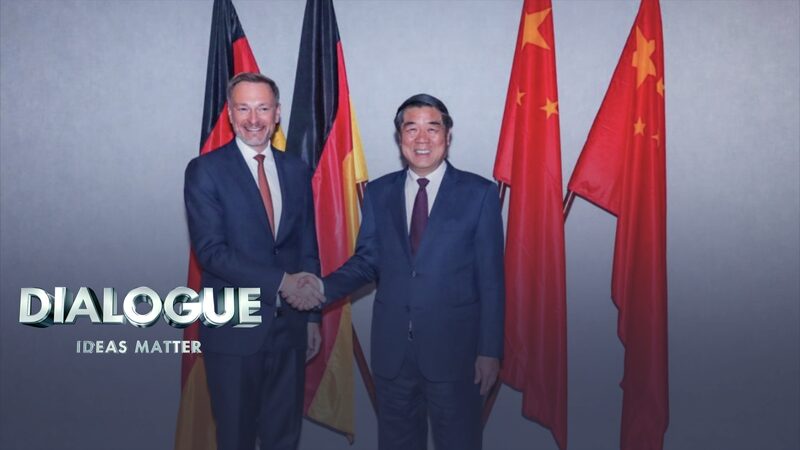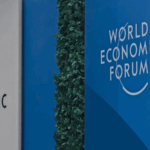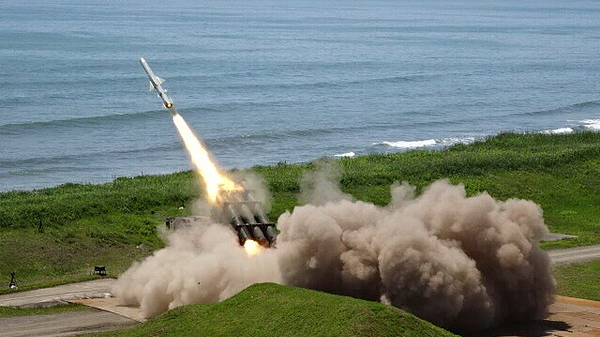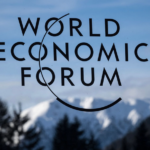A new World Economic Forum (WEF) report is sounding the alarm: Geoeconomic fragmentation could cost the global economy up to $5.7 trillion – a loss bigger than the 2008 financial crisis and the COVID-19 pandemic combined. 🚨 According to the Navigating Global Financial System Fragmentation report, policies driven by geopolitical tensions are reshaping trade, tech, and financial systems, risking decades of economic progress.
The Cost of Division 🌐
Imagine losing the combined GDP of Japan and Germany overnight – that’s the scale of the potential hit. The WEF highlights how strategies like trade barriers, sanctions, and 'statecraft policies' are splintering global cooperation, making it harder for countries to tackle shared challenges like inflation and supply chain chaos.
A Call for Unity 🤝
In an interview with CGTN, WEF's Matthew Blake stressed the urgent need for collaboration: Strategic foresight and dialogue are critical to avoid a worst-case scenario
. The report urges leaders to balance national interests with global stability, especially in tech and green energy transitions. 💡
Young professionals and entrepreneurs, take note: This isn’t just about politics. Fragmentation could reshape job markets, investments, and innovation worldwide. Stay tuned as we track how global players respond to this trillion-dollar wake-up call. 🔍✨
Reference(s):
WEF: Geoeconomic fragmentation may cut global GDP by $5.7 trillion.
cgtn.com






